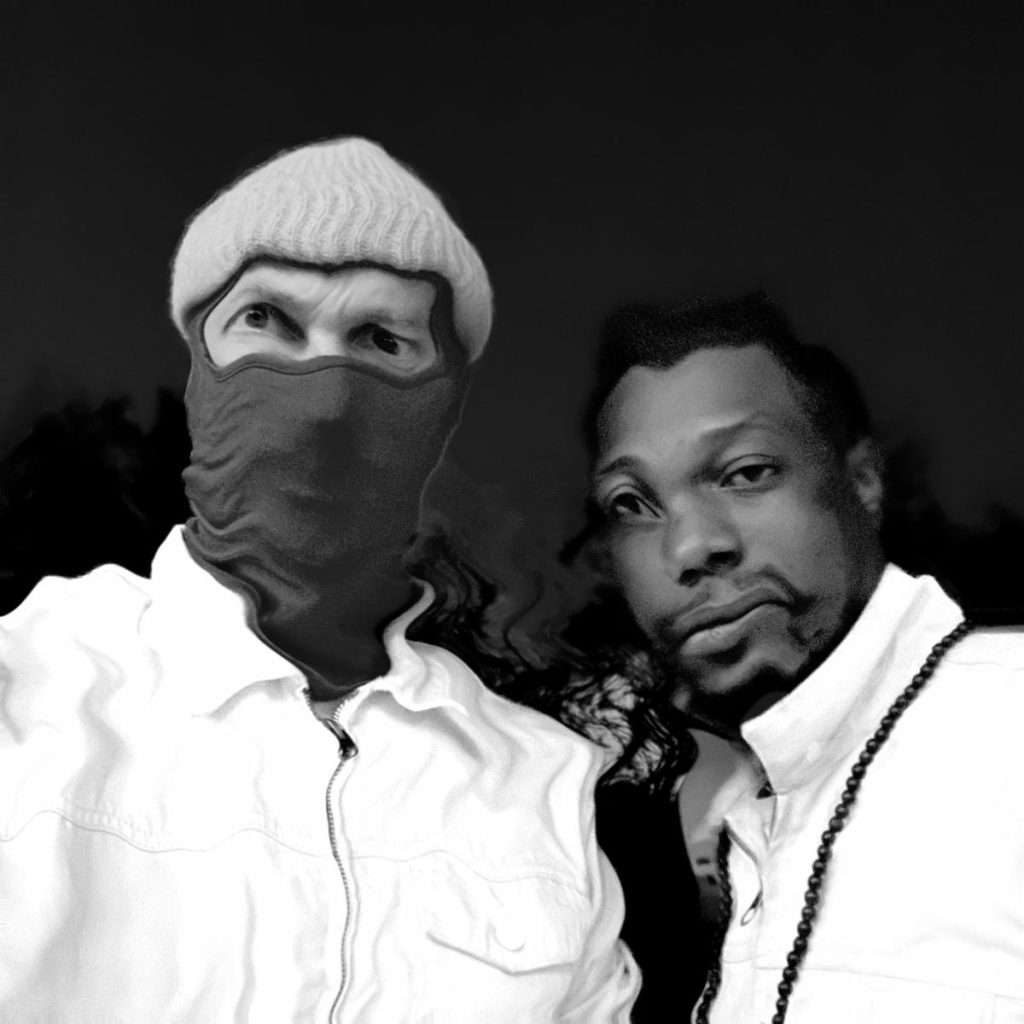Pioneers of Kinshasa’s sonic revolution, KOKOKO! announce their brand new single “Salaka Bien”. The song follows on from the critically acclaimed “Mokili” and both tracks are taken from their forthcoming album, BUTU, out July 5 on Transgressive Records.

In addition to the new single, KOKOKO! announce a headline tour across the UK and Europe, as well as a string of Summer festivals. Full list of dates below.
“Salaka Bien” makes use of percussion created on heavy ceramic pots and pans, with Bianko’s lyrics firing up the audience with a sexual wink. On the new track the group says, “It’s a bass line driven track, with a lot of influences, like punk funk meeting old house stabs with a trance feeling! When we play it live there are moments of overwhelming feeling building till it explodes and people let go totally. Do it, do it good, do it till you break it”.
Listen to “Salaka Bien” HERE
The Congolese city’s after-dark buzz was the inspiration behind BUTU, which means ‘the night’ in Lingala, and the experimental record dives deep into the heart of the chaotic place, celebrating the joyful and creative spirit of its inhabitants.
With vocalist Makara Bianko at the helm and production from Xavier Thomas, AKA Débruit, this follow-up to Fongola finds the group channelling a more electronic, upbeat sound. BUTU is a replication of the frenetic feel of that dynamic nightlife – equipment being pud to its limit, via saturated and distorted speakers, or the sonic push and pull of sounds after dark.
Taking field recordings from the nights and using “ready-made percussion” such as detergent bottles, the band fed the sounds through distortion to get closer to those night sounds.
Album intro ‘Butu Ezo Ya’ opens with the screech of car horns progressively pitched into harmony and the chatter of pedestrians. “Compared to Fongola, this album is intentionally way more intense, because it’s quite upbeat and quite full-on,” Thomas says. The record’s influences are also wider and span West Africa and South Africa, kuduro and kwaito and since Bianko’s global travel introduced him to new types of alternative electronic music and punk.
‘Salaka Bien’ makes use of percussion created on heavy ceramic pots and pans, with Bianko’s lyrics firing up the audience with a sexual wink. ‘Motema Mabe’ started off as an improvisation from Bianko, with him vocaling a looping rhythm and synths.
As a phrase, ‘Bazo Banga’ means “they’re scared”, a chant often shouted at football stadiums but put into another political context. It would often be their last track of the night, a way of letting go of the pressure accumulated during a high-energy show.
The band has a fiercely activist and political slant. The Democratic Republic of Congo continues to experience serious human rights violations, including mass killings in the context of armed conflict and inter-communal violence, a crackdown on dissent and ill-treatment of detainees.
People from regions affected by armed conflict are particularly affected amid mass displacement and a deepening humanitarian crisis. The DRC’s wealth of natural resources are routinely taken advantage of by large tech companies, helping fuel conflict in the region.
Political protest using words carries a risk of imprisonment in the country, so street performers often work with their bodies and sounds to signal their critiques. With BUTU, KOKOKO! provide a resistant, punk-like energy, bottling the attitude of a generation and bringing their DRC block party alchemy to new global heights.













